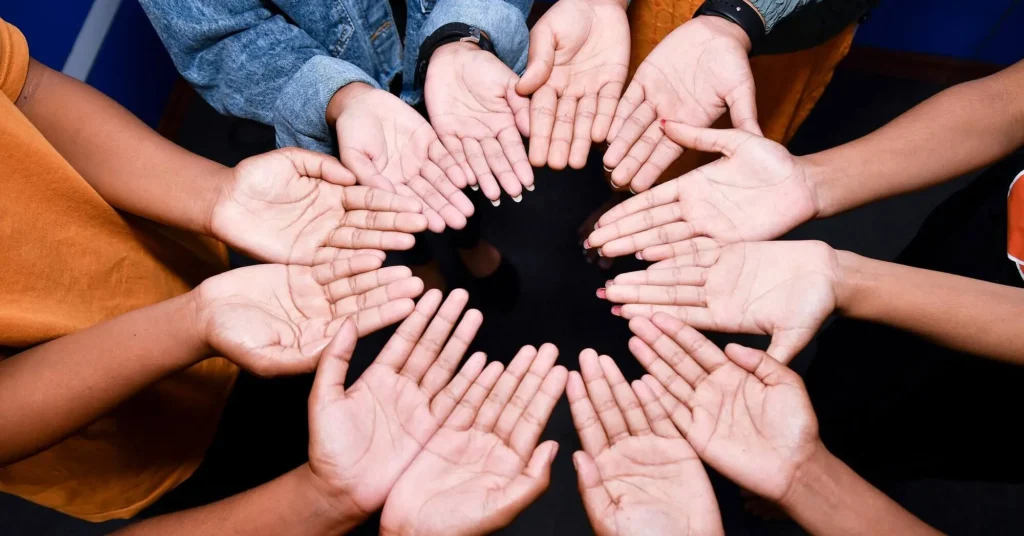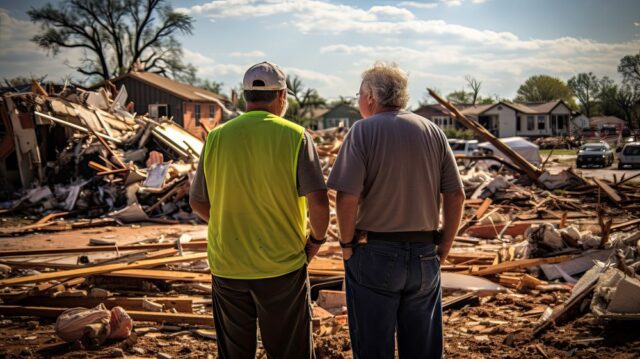When disasters like hurricanes, earthquakes, or disease outbreaks strike, the response from governmental agencies is often inadequate to meet all the needs of affected communities. Non-governmental organizations (NGOs) play a vital role in filling gaps and providing timely, meaningful assistance during disasters. Their contributions encompass everything from first response services and relief supplies to medical care, emotional support, and helping communities rebuild in a more resilient way.
Overview of NGO Disaster Relief Capabilities
NGOs have unique capabilities that position them well for disaster response roles. They can often mobilize more rapidly than governmental agencies and large international institutions. Staff and volunteers are typically very motivated with a firm commitment to the mission of serving vulnerable groups. Many NGOs focus narrowly on a specific area like food aid, shelter, or medical services, developing specialized expertise that equips them to provide targeted, relevant assistance.
Emergency Medical Treatment and Psychosocial Support

When disasters hit, immediate access to emergency care for injuries can mean the difference between life and death. Local health facilities often sustain damage, and remaining staff and supplies are stretched far beyond capacity. Medical nonprofits like Brother’s Brother Foundation send mobile medical units, clinics, personnel, and critical supplies like pharmaceuticals into affected regions. They provide triage care, infection control, trauma and surgical treatment, childbirth support, and medications to stabilize conditions like diabetes or hypertension. Mental health is also a huge issue after crises like natural disasters or disease outbreaks. Counseling and emotional support services can greatly help when it comes to post-traumatic stress and grief.
First Response and Relief
NGOs often have the capability to deliver essential supplies and emergency response services more efficiently than government agencies alone. Large international NGOs have warehouse networks, transport planes and helicopters, and standby rosters of expert response teams. Within hours of a disaster, they can have assessment teams in the area determining needs and priorities for intervention. Critical supplies like food, water purification equipment, generators, tents, and transitional shelters are immediately put into the pipeline. Mobile clinics, kitchens, and shelters are also rapidly deployed. Smaller national and local NGOs make use of intimate knowledge of affected territories and close relationships with communities to facilitate effective grassroots relief efforts.
Community Recovery and Reconstruction
Once initial response and relief work has stabilized a disaster zone, NGOs play a pivotal role in long-term recovery efforts. They help support people in resuming self-sustaining livelihoods and reconstructing to appropriate standards that provide protection against future disasters. NGOs take time to listen to communities, empowering them to drive initiatives tailored to their unique cultural and socioeconomic context. Recovery from large crises can take years, requiring sustained collaboration between NGOs, government actors, and communities on the long road toward achieving meaningful quality of life improvements.
Coordination is Key

With many NGOs frequently working in overlapping capacities within disaster zones, coordination becomes extremely important. Without it, efforts may be duplicative in some areas and entirely lacking in others. Cluster systems were introduced to streamline coordination between UN groups, government agencies, and NGOs responding to large-scale crises in areas like nutrition, health, logistics, and shelter. Information sharing through common platforms allows players to divide roles and responsibilities, minimizing wasted resources and gaps. When all work together in a spirit of common cause, NGOs contributions to disaster relief can maximize impact.
Conclusion
The selfless, skilled intervention of NGOs across the entire timeline of disasters, from immediate response to long-term community empowerment, provides an invaluable complement to government-led efforts. Through specialized expertise, global reach but local understanding, and compassionate accompaniment of vulnerable people in their darkest hours, NGOs show humanity at its best.



